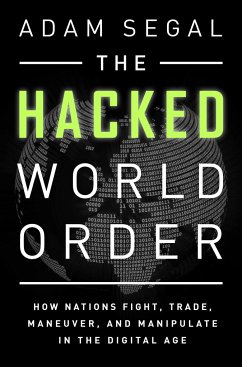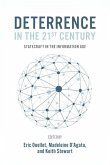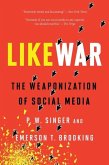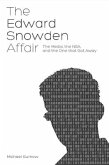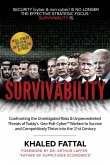"For more than three hundred years, the world wrestled with conflicts that arose between nation-states. Nation-states wielded military force, financial pressure, and diplomatic persuasion to create "world order." Even after the end of the Cold War, the elements comprising world order remained essentially unchanged. But 2012 marked a transformation in geopolitics and the tactics of both the established powers and smaller entities looking to challenge the international community. That year, the US government revealed its involvement in Operation "Olympic Games," a mission aimed at disrupting the Iranian nuclear program through cyberattacks; Russia and China conducted massive cyber-espionage operations; and the world split over the governance of the Internet. Cyberspace became a battlefield. Cyber conflict is hard to track, often delivered by proxies, and has outcomes that are hard to gauge. It demands that the rules of engagement be completely reworked and all the old niceties of diplomacy be recast. Many of the critical resources of statecraft are now in the hands of the private sector, giant technology companies in particular. In this new world order, cybersecurity expert Adam Segal reveals, power has been well and truly hacked"--
Hinweis: Dieser Artikel kann nur an eine deutsche Lieferadresse ausgeliefert werden.
Hinweis: Dieser Artikel kann nur an eine deutsche Lieferadresse ausgeliefert werden.

